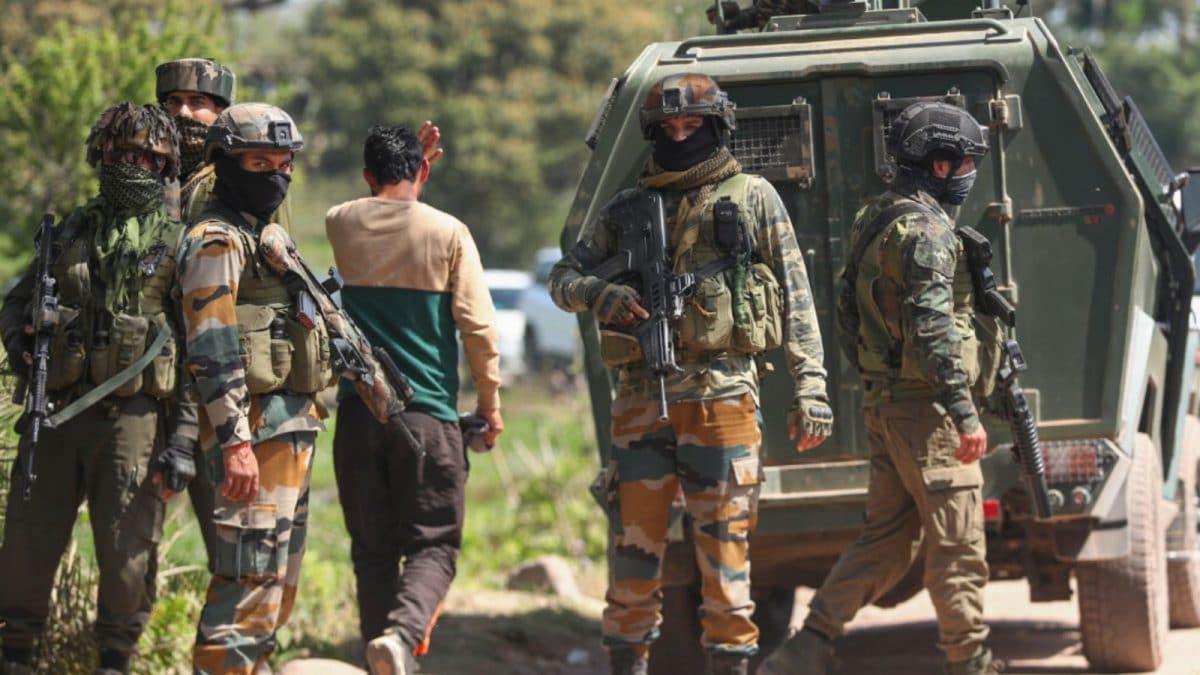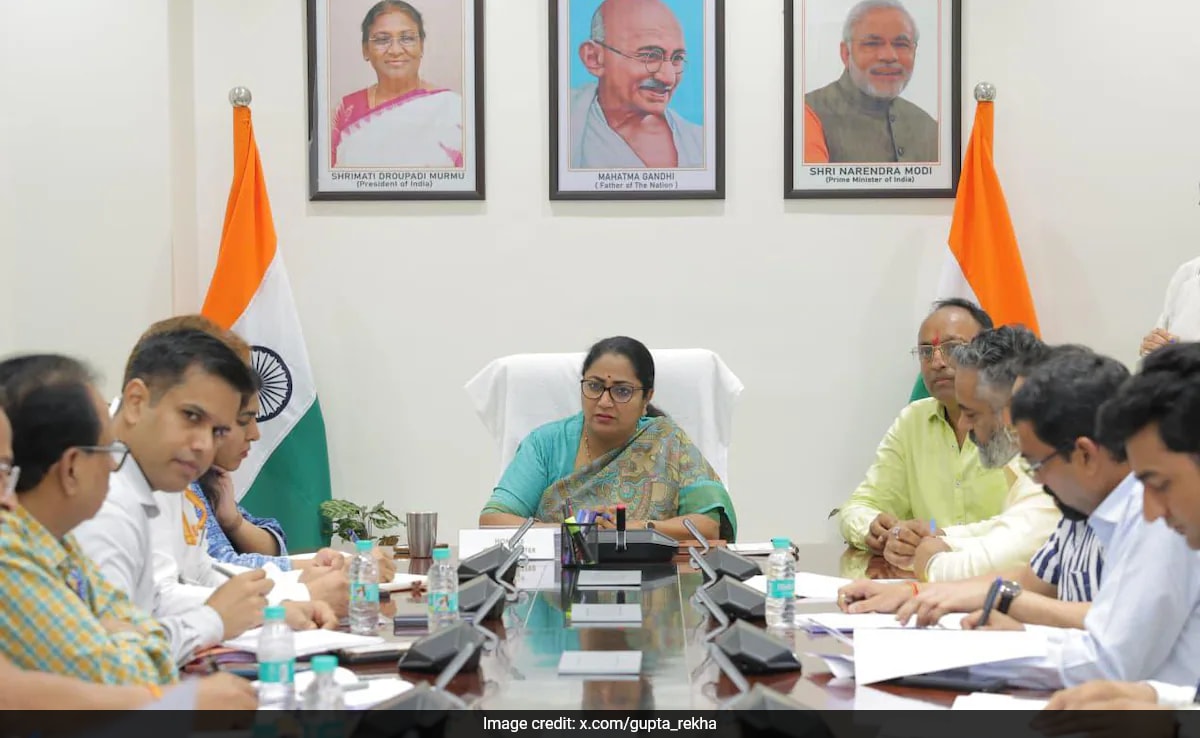The livestock and poultry industry in Andhra Pradesh is set for a significant boost following recent reductions in the Goods and Services Tax (GST). Officials say these changes will encourage fresh investments, create opportunities for entrepreneurs, and strengthen a sector that already contributes 12.17% to the State’s Gross Annual Product, amounting to ₹1.61 lakh crore annually.
Addressing the media on Friday at a press conference themed “Seasonal Diseases – Care for Cattle and Poultry,” Animal Husbandry Director T. Damodar Naidu said that GST on milk products has been reduced to zero, while cattle feed and agricultural mechanisation now fall under the 5% slab. “These decisions provide greater incentives for farmers and poultry entrepreneurs, and will help the industry expand more rapidly,” he said.
Andhra Pradesh leads the nation in this sector, ranking first in egg production, second in sheep and poultry population, fourth in meat production, and fifth in milk output. Nearly 25 lakh families in the State depend on animal husbandry for their livelihood.
Dr. Naidu explained that government subsidies are playing a key role in this growth. Farmers benefit from a 50% subsidy on cattle feed, 75% on fodder seeds, 85% on livestock insurance, and up to 90% on “Gokulam” cattle housing schemes implemented with NREGA support. Plans are underway to expand fodder cultivation to three lakh acres, establish nurseries in every mandal, and make silage easily available, ensuring feed security during the summer months.
Highlighting innovations, Dr. Naidu said the State is promoting sex-sorted semen technology with a 50% subsidy. “This allows farmers to produce female calves with up to 90% accuracy, boosting milk productivity and farm income,” he explained. During 2025–26, 10 lakh artificial insemination doses will be distributed through 9,326 centres. Mobile veterinary clinics—340 vehicles modelled on the 104/108 ambulance service—are also reaching farmers at their doorstep.
On poultry health, Dr. Naidu clarified that recent poultry deaths in Vizianagaram district were not due to bird flu. Laboratory tests at VBRI, Vijayawada, confirmed the cause as Inclusion Body Hepatitis (IBH) and Ranikhet Disease (RD). He assured that biosecurity measures are in place and that statewide bird flu surveillance continues.
The department has also taken steps to control stray dogs in municipalities through NGO partnerships, while anti-rabies vaccines remain available at veterinary hospitals. Advanced breeding programmes, embryo transfer technology, and genetic improvements are further enhancing dairy productivity.



.png)
.png)
.png)
















 2 days ago
3
2 days ago
3








 English (US) ·
English (US) ·